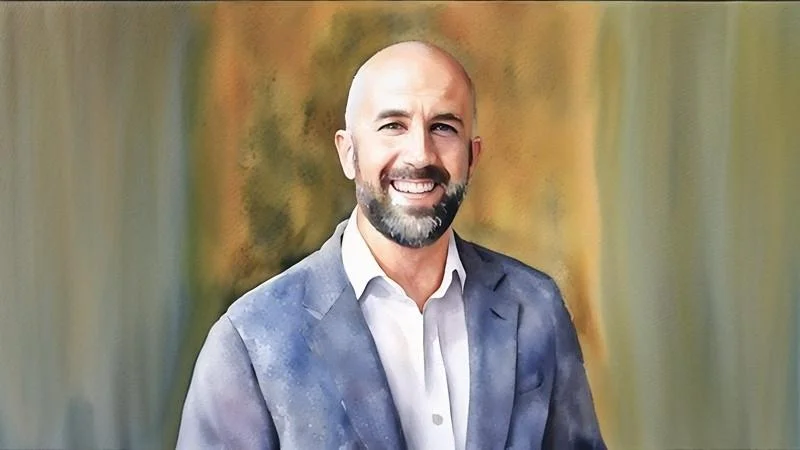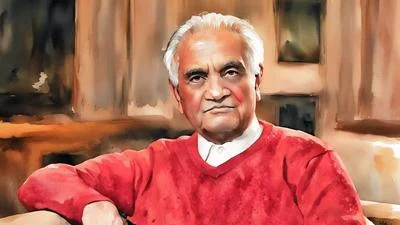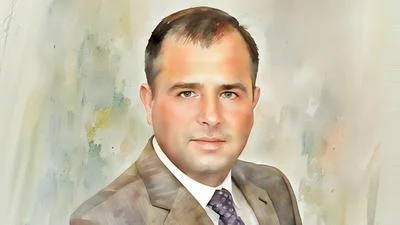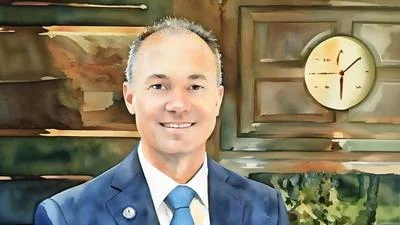Washington is addressing the implications of Chevron deference, the Supreme Court doctrine that for four decades required courts to defer to federal agencies’ interpretations of ambiguous statutes. With that presumption overturned, a shift in administrative law is underway.
For legal advocates like Joe Luppino-Esposito, this is a chance to restore constitutional order if Congress steps up and the courts remain vigilant.
Luppino-Esposito is Federal Policy Director at the Pacific Legal Foundation, a nonprofit law firm that defends Americans against government overreach. He previously directed Rule of Law Initiatives at the Due Process Institute, helped pass the First Step Act on criminal justice reform, and worked at the Texas Public Policy Foundation’s Right on Crime initiative. He is a New Jersey native and William & Mary alum with an interest in limited government.
His motivation comes from seeing how local and federal regulations can stray from their intended purpose. “There are some people that join the HOA because… they like the idea that someone's going to be controlling other people's property,” he says of his time on his neighborhood homeowner association board. “And then there are people like me that join it to make sure that those people don't run the HOA.” This grassroots concern fuels his work at PLF.
PLF recently launched a new Environment and Natural Resources practice group to bring together decades of related litigation. “We’ve been doing a lot of this type of work for a very long time,” he says, but now the group is “really digging in.” He points to lawsuits involving timber production in Alaska and permitting barriers under the National Environmental Policy Act (NEPA), and that the group is scrutinizing policies under the Clean Water Act and Endangered Species Act.
While Luppino-Esposito believes environmental protection is a valid goal, he says the federal government uses it as a pretext to restrict economic activity without legal basis. He cites a recent case in Alaska where “they already had a management plan in place” but the Biden administration expanded it to ban all hardwood harvesting. “They overstepped,” he says. “That is completely unnecessary.”
He also calls out the tactic of “sue-and-settle,” in which agencies collaborate with outside environmental groups to enact policy through litigation rather than rulemaking. “We are trying to find ways where we’re right in the law and right on policy,” he says. PLF files public comments, tracks regulations, and pursues litigation in response to what, according to Luppino-Esposito, is an imbalance in the system: “The other side is trying to find ways to lock everything up.”
According to Luppino-Esposito, Chevron’s fall changes the landscape but doesn’t end the fight. “All they said was, well, a judge can just hear both sides equally, not just refer to the one side,” he says. “There’s still going to be cases where the litigant is just wrong, and the government's right.” But he sees this shift as a critical correction where “the Supreme Court doesn't change the law, but ideally you don't have to keep putting it out in court because the lower court will say, look, this is what the Supreme Court said.”
What worries him more is the growing power of federal agencies through regulation and surveillance. He recounts a PLF case where the Consumer Financial Protection Bureau used audio scanning software to search a small business owner's podcast for statements it deemed discouraging to minority borrowers. “How did they find this guy's podcast?” he asks. “They used an audio listening program to go through his podcasts and find things that they thought might have been problematic.”
Luppino-Esposito says it all ties back to separation of powers. “Each branch should actually be able to control itself,” he says, emphasizing that accountability, not independence, is what builds public trust. “The way you restore trust in institutions is by transparency and accountability.”
He’s also pushing Congress to reclaim its legislative role. “You can't just say ‘and whatever the Secretary deems necessary’ at the end of every sentence,” he says. “You need to be specific.” Despite gridlock, he says Congress must still legislate, even if tough votes fail: “Take the tough votes and see what happens. If it doesn't happen, then there's a record there… let the voters decide.”









